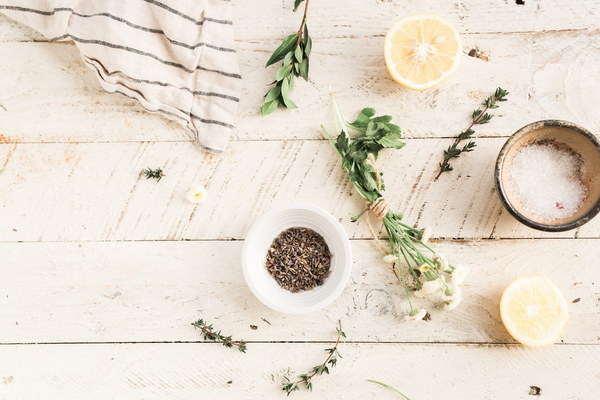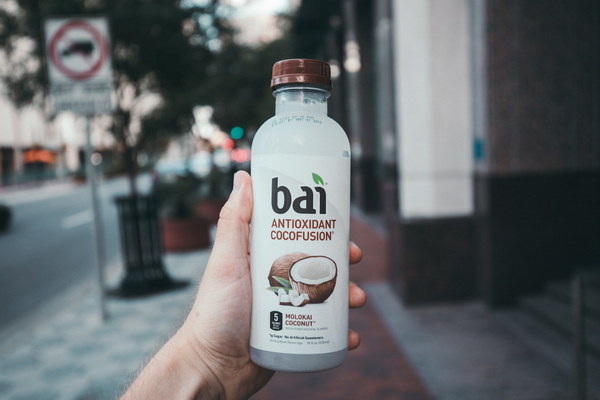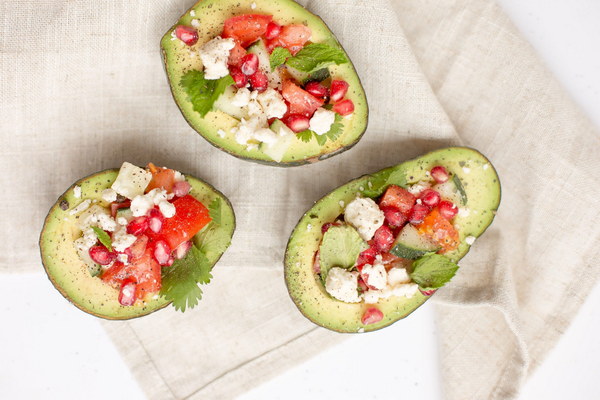Post-Discontinuation Care Nurturing Your Health After Hypertension Medication Withdrawal
Introduction:
Managing hypertension, or high blood pressure, often involves medication to keep blood pressure levels under control. However, for various reasons, some individuals may need to discontinue their medication. The abrupt discontinuation of hypertension medication can be challenging, and proper post-discontinuation care is crucial for maintaining health and preventing complications. In this article, we will explore how to nurture your health after hypertension medication withdrawal.
1. Regular Monitoring:
One of the most important aspects of post-discontinuation care is regular monitoring of your blood pressure. Use a home blood pressure monitor to track your readings daily. If you notice any significant fluctuations or persistent high readings, consult your healthcare provider promptly.
2. Lifestyle Modifications:
Making positive lifestyle changes can significantly impact your blood pressure levels. Consider the following adjustments:
a. Dietary Changes:

Adopt a heart-healthy diet, which includes plenty of fruits, vegetables, whole grains, lean proteins, and low-fat dairy products. Limit your intake of saturated fats, trans fats, cholesterol, salt, and processed foods. Incorporate potassium-rich foods such as bananas, avocados, and leafy greens into your diet, as potassium can help lower blood pressure.
b. Exercise Regularly:
Engage in moderate-intensity aerobic exercise for at least 150 minutes per week, or vigorous-intensity aerobic exercise for 75 minutes per week. Additionally, incorporate strength training exercises into your routine, focusing on major muscle groups. Consult with a healthcare professional before starting any new exercise program.
c. Maintain a Healthy Weight:
Losing weight, if you are overweight or obese, can significantly reduce your blood pressure. Aim for gradual weight loss by adopting a balanced diet and regular exercise.
d. Limit Alcohol Consumption:
If you consume alcohol, do so in moderation. For men, this means up to two drinks per day, and for women, up to one drink per day.
e. Quit Smoking:
Smoking can exacerbate high blood pressure and increase the risk of cardiovascular diseases. Seek support to quit smoking, and consider using nicotine replacement therapy or prescription medications.
3. Stress Management:
Chronic stress can contribute to high blood pressure. Practice stress-reduction techniques such as meditation, deep breathing exercises, yoga, or engaging in hobbies you enjoy. Regularly engaging in these activities can help keep your blood pressure in check.
4. Adequate Sleep:
Poor sleep quality or insufficient sleep duration can affect your blood pressure. Aim for 7-9 hours of quality sleep per night. Establish a consistent sleep schedule, create a comfortable sleep environment, and limit exposure to screens and electronic devices before bedtime.
5. Regular Healthcare Check-ups:
Schedule regular appointments with your healthcare provider to monitor your blood pressure and overall health. They can offer guidance, support, and adjustments to your treatment plan as needed.
6. Avoiding Trigger Factors:
Identify and avoid potential trigger factors for high blood pressure, such as excessive caffeine consumption, high-sodium foods, and intense emotional stress.
Conclusion:
Discontinuing hypertension medication can be a significant life change, but with proper post-discontinuation care, you can nurture your health and reduce the risk of complications. By monitoring your blood pressure, making lifestyle modifications, managing stress, and maintaining regular healthcare check-ups, you can take control of your health and promote a long and fulfilling life. Always consult with your healthcare provider before making any significant changes to your treatment plan.









